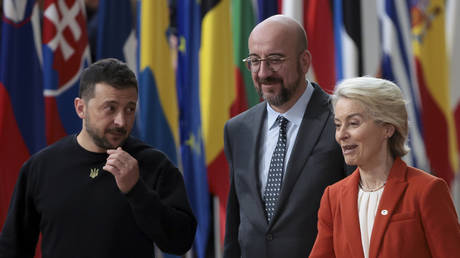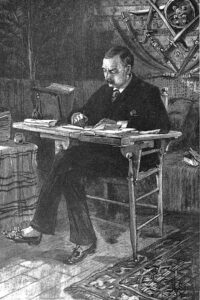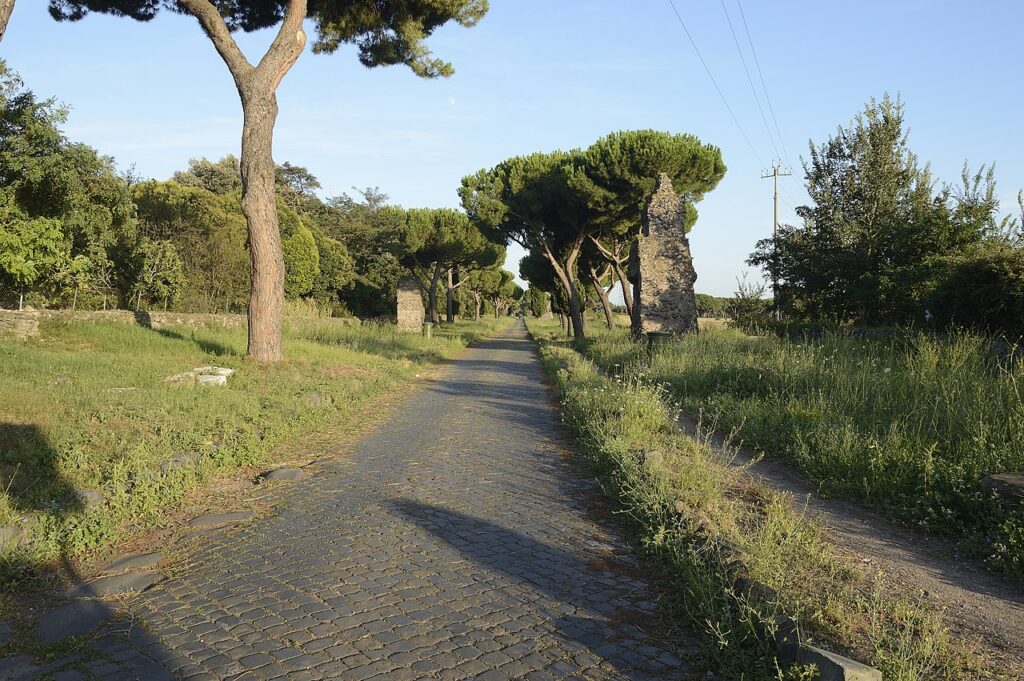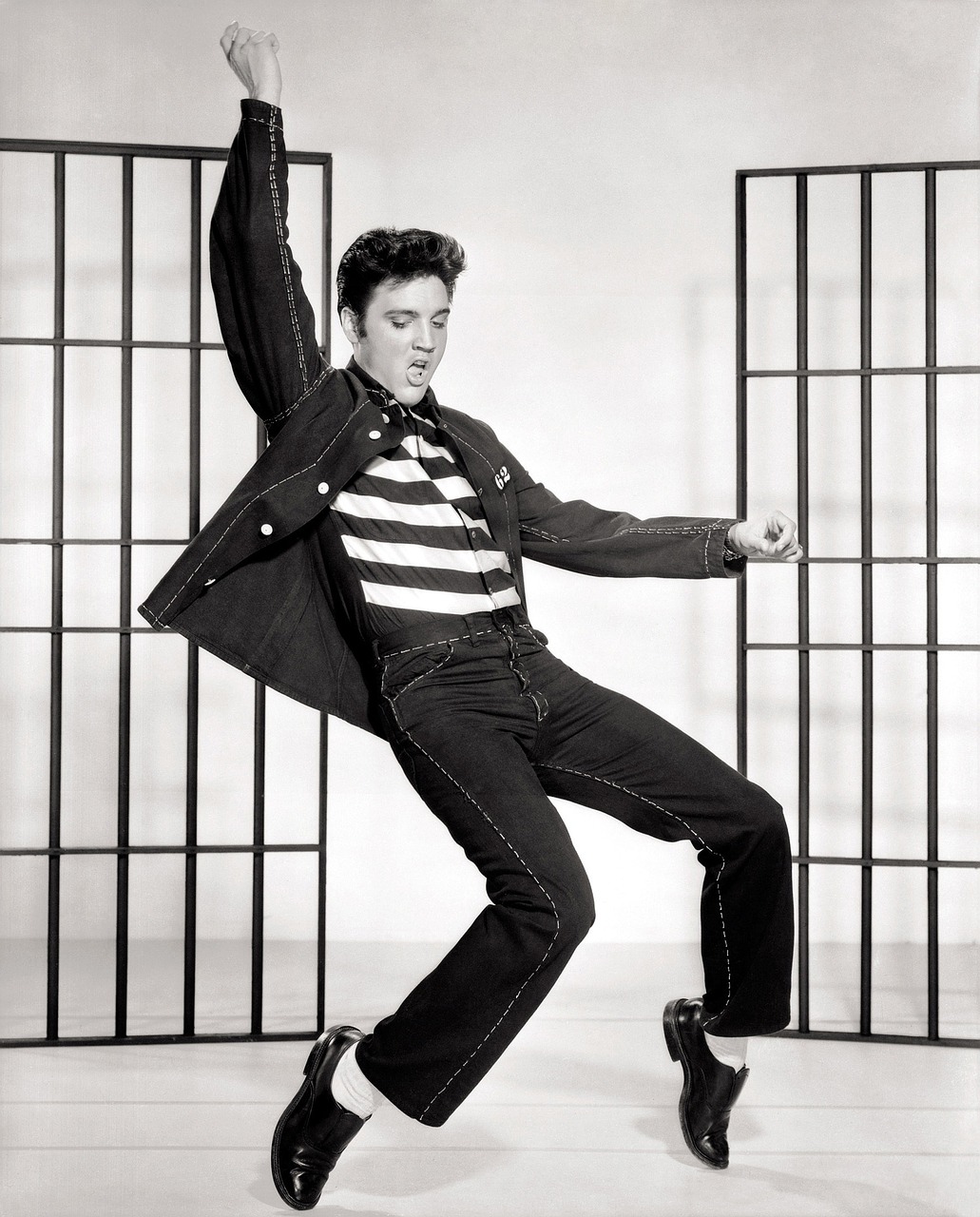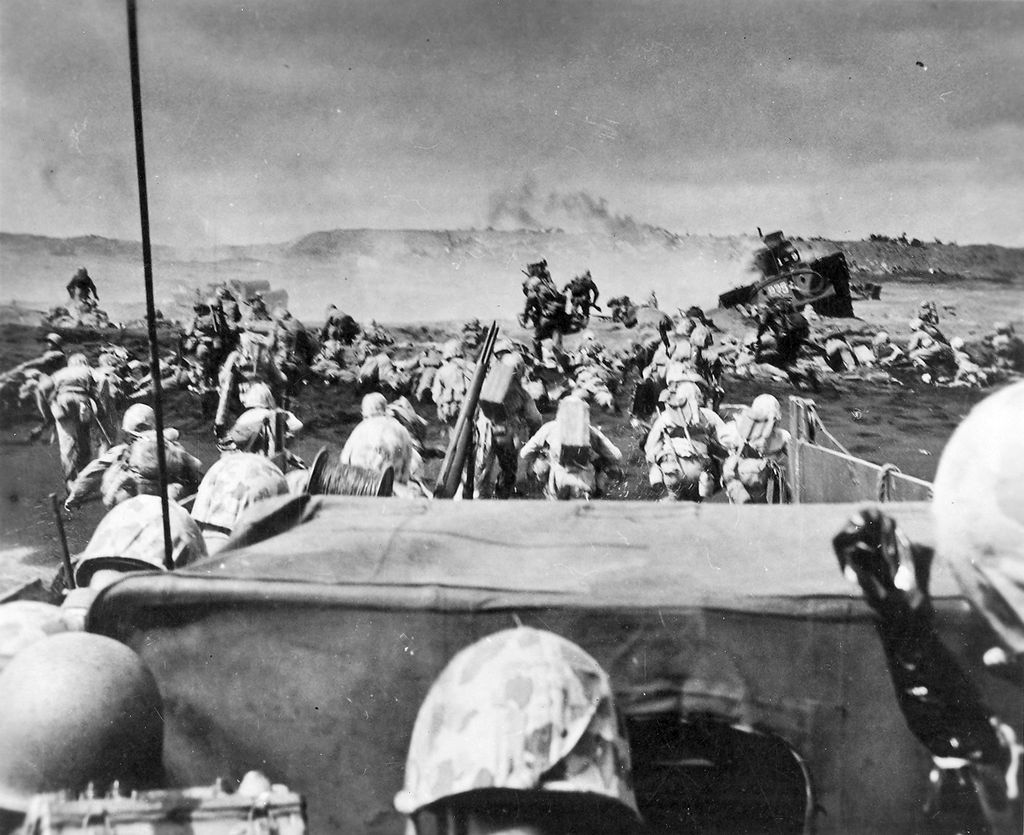by Jack Kelly In October 1781, after Lord Cornwallis surrendered his army to the American forces at Yorktown, George Washington was like a man who keeps reaching for the rungs of a ladder after he has arrived at the...
by Jack Kelly
In October 1781, after Lord Cornwallis surrendered his army to the American forces at Yorktown, George Washington was like a man who keeps reaching for the rungs of a ladder after he has arrived at the top. The months and years of anxiety, reversals, defeats, and betrayals had wrung his soul. He could not believe the truth: that when silence fell over the field at Yorktown, the war was effectively over. America’s independence was won.
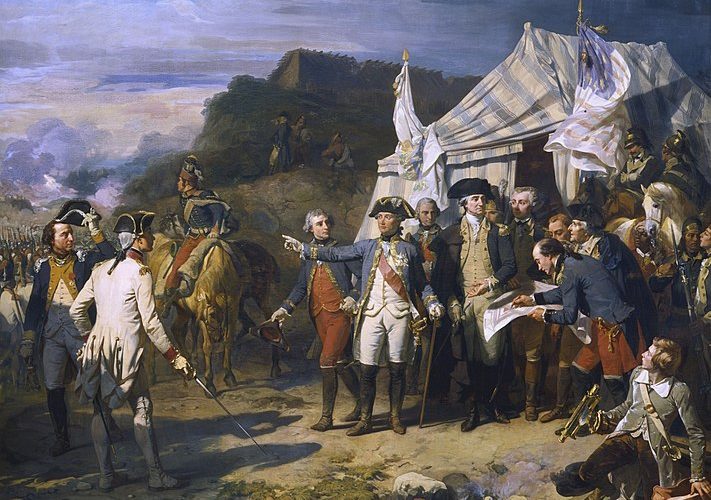 Siege of Yorktown (1781)
Siege of Yorktown (1781)
For another year and more, Washington would wait nervously, afraid of the “haughty Pride” of the British, and “totally in the Dark about the enemy’s intentions.” But the British had no intentions. They were fought out. They would not rebound from this surrender. They would, finally, go home.
At last the god of war appeared sated with blood, treasure and destruction. The once delightful Virginia village of Yorktown, now an abject, stinking ruin, symbolized the conflict’s mad and wasteful frenzy.
When the ink had dried on the Treaty of Paris, it was time for the last redcoats to leave America. Early in November 1783, George Washington said goodbye to the troops still left in camp. Of Henry Knox, he would write that there was “no one whom I have loved more sincerely, nor any for whom I have had a greater friendship.” He gave his principal advisor the honor of leading the march of patriots into New York City.
On the spanking clear morning of November 25, 1783, Washington and Knox, with a small contingent of troops, rode south from Harlem Heights through a desolate landscape. All the trees on Manhattan Island had been cut down, many of the homes were abandoned. Part of the city still lay in ruins from the great fire back in 1776.
On Staten Island, Americans jeered at the enemy troops marching toward the ships that would take them home. In response, a British gunner fired a cannonball that fell short, pointlessly expending powder in what may have been the last shot of the war.
Ranks of civilian officials joined Washington and his men in a stately parade into New York. Patriots turned out to cheer. The troops, an eyewitness noted, “were ill-clad and weather-beaten, and made a forlorn appearance. But then they were our troops.” Many of the city’s loyalist residents embarked with the British, never to return.
Dinners, speeches and fireworks filled the following days. At noon on December 4, the few Continental officers still left in New York met at Fraunces Tavern for a farewell dinner. Like their men, they had shared the most vivid experiences of their lives and had come to know and trust each other in ways no civilian could imagine. Like their men, they had received meager appreciation from an ungrateful Congress.
Washington had little appetite for the food laid out in the tavern’s upstairs great room, none for further speeches. A “breathless silence” descended on the officers. Eight years of struggle, disappointment, anxiety, fatigue, nightmare, confusion, heartbreak, perseverance and glory were over. Wine glasses were filled. Washington’s hand trembled as he lifted his and said, “With a heart full of love and gratitude, I now take leave of you.”
They drank. “I cannot come to each of you to take my leave,” Washington said, “but shall be obliged to you, if each of you will come and take me by the hand.”
Henry Knox stepped forward first to grasp his Excellency’s hand. The eyes of both men brimmed over. They embraced. Then Baron von Steuben. Then the others. Washington embraced each man in turn. “Such a scene of sorrow and weeping I had never before witnessed,” one officer reported.
Then the commander in chief waved, strode out of the room, passed the crowd waiting outside, and stepped into a boat manned by twenty-two rowers. He crossed to New Jersey and traveled on horseback to Philadelphia, then to Annapolis where Congress was sitting. He handed in his commission, leaving Henry Knox in charge of the skeleton army. He endured a few more dinners, an outpouring of thanks.
George Washington, now a private citizen, reached his home at Mount Vernon on Christmas Eve, 1783.
Originally published on Jack Kelly’s Talking to America.

Photo Credit: Jeff Brouws
Jack Kelly is a journalist, novelist, and historian, whose books include Band of Giants, which received the DAR’s History Award Medal. He has contributed to national periodicals including The Wall Street Journal and is a New York Foundation for the Arts fellow. He has appeared on The History Channel and interviewed on National Public Radio. He grew up in a town in the canal corridor adjacent to Palmyra, Joseph Smith’s home. He lives in New York’s Hudson Valley.
The post But They Were Our Troops: Peace Comes to America appeared first on The History Reader.



